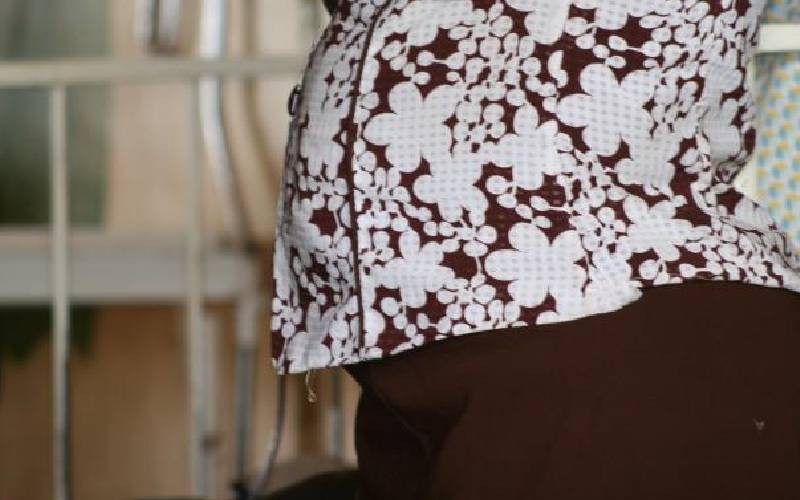
Korogocho in Nairobi. From unsafe abortions, to early and unintended pregnancies. From substance and drug abuse, to heightened insecurity that has had a ripple effect on the alarming cases of sexual and gender-based violence. Shall we call this another vicious circle, taking us back to the pregnancy crises?
Standing as a true reflection of many other places across the country, "Koch," as it is referred to, is a small but busy community where more than two thirds of residents have fully subscribed to "hand to mouth" way of life, as I found out during a recent visit.